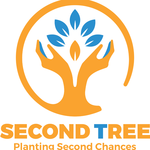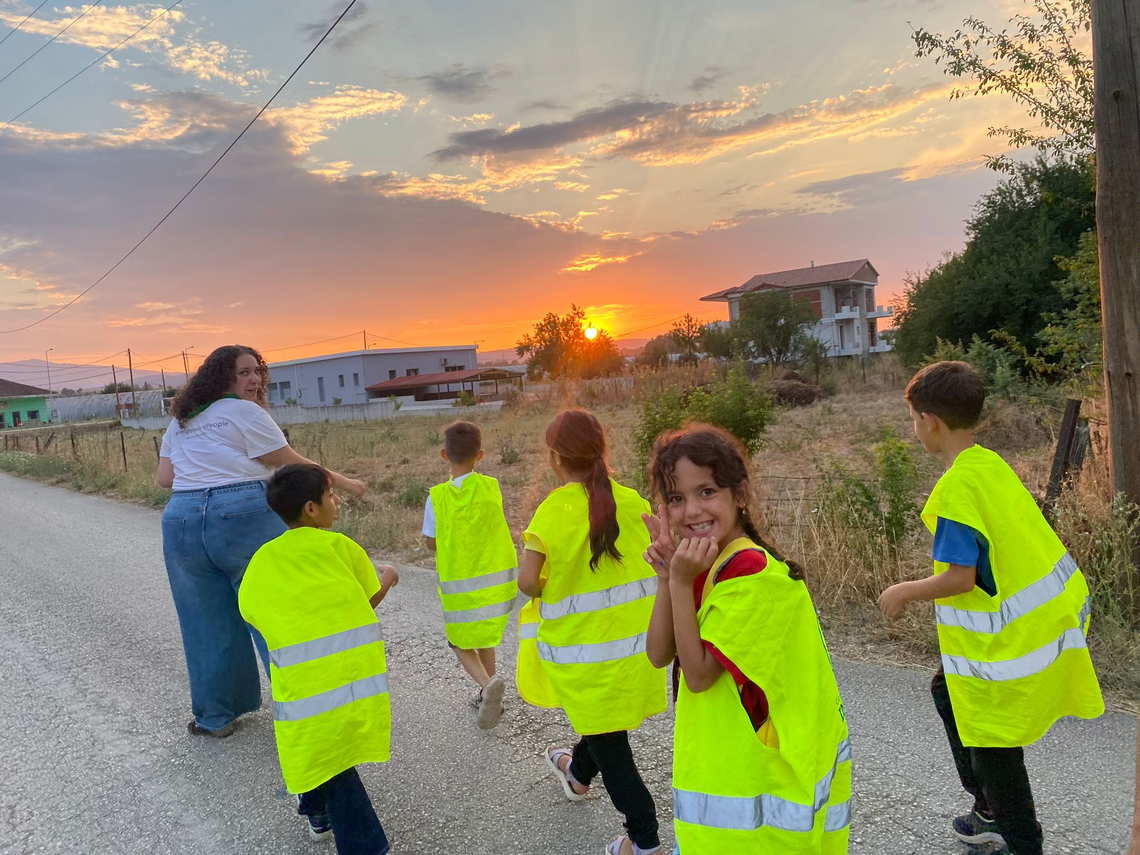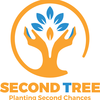

Second Tree is a Greek non-profit and non-governmental organisation based in Ioannina, Epirus. Second Tree was founded in January 2017 by a group of volunteers that had worked together in the Katsikas refugee camp. Since our establishment we have worked with refugee communities across Northern Greece. Our work is underpinned by a core ethos: to treat refugees as the people they are and overcome victimisation, romanticisation and stereotyping. Refugees should be treated with CARE: as Capable, Accountable, Reasonable – in one word Equal – individuals.
We currently work at two refugee sites: Katsikas refugee camp and Agia Eleni refugee accommodation site. The project works with refugees from approximately 24 different countries but the main make-up of the refugee population in Epirus is Afghani, Syrian, and Somali.
The arrival of over 48,000 refugees in Greece at the end of 2023 has left thousands of refugee children without a stable home, a safe place to play, or an environment to learn, develop, and feel part of the community. We have been working to improve the lives of refugee youth for over 7 years and we have built up extremely strong bonds with the community.
Our Refugee Youth programme helps children develop cognitive and social-emotional skills to integrate more effectively into their new communities. For adults, our language programmes focus on equipping refugees with essential communication skills, empowering them to regain agency and actively participate in society. We offer specialised training to help refugees become advocates and provide training for decision-makers and NGOs to address biases and enhance support for refugees. We also offer self-advocacy training for adults at both of our sites, empowering them to effectively represent their needs and rights.
We believe that seeing refugees through the lens of victimhood is damaging for them and for their new communities. Refugees should be treated with CARE: as Capable, Accountable, Reasonable – in one word Equal – individuals.
Refugees are often portrayed as heroes or victims. This framing is used by NGOs, activists, academia, and individuals to foster support and counter anti-refugee sentiment. Although used with good intentions, both labels see the person only through their experience of fleeing war. These narrow depictions reduce complex individuals to a single experience – that of being victims of a war, rather than all the details about their lives that preceded that moment – making them “the other”.
While stories of heroism or vulnerability are used to create positive impact: to mobilise for help, highlight injustice or tell empowering and hope-filled stories, they also create a lens through which refugees are seen by the eyes of the world, stories that are incomplete, and that divide.
- When refugees are seen as vulnerable, they are only a victim. In one word, they are patronised.
- When refugees are seen as heroes, they are seen through the lens of being inherently good or that their refugee experience, and anything they do during it, is somehow worthy of being celebrated. In one word, they are romanticised.
- When refugees are seen through the lens of group identity, as inevitably being an outcome of their culture, they are stereotyped.
These depictions lead to inherent biases, which our model identifies and roots out by engaging with refugees as unique individuals with agency, through an approach based on trust, fairness and engagement.
Our Opportunities
